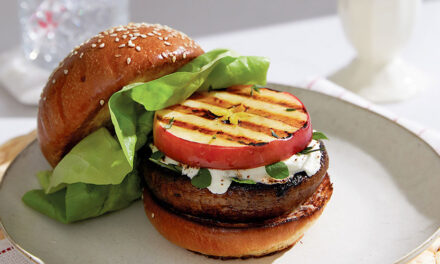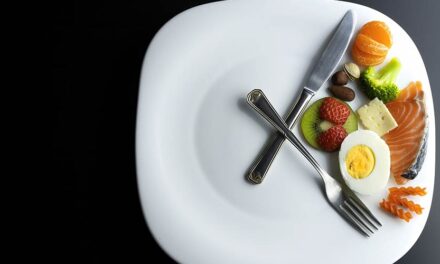“Fuel Well, Feel Well, Perform Well” has become my motto when working with all athletes, from weekend warriors to professionals. Food is fuel for the body. Fueling well extends beyond improving athletic performance to increasing energy, optimizing functionality, and ensuring longevity. Not only is WHAT an athlete eats on a daily, weekly, and monthly basis important, but WHEN and HOW MUCH must be evaluated as well.
Pre-workout Fueling
If you’re going on a 30-minute walk or to a gentle yoga class, stick to your usual eating patterns. Feeling hungry, haven’t eaten in a while, or gearing up for a long and/or intense workout? A pre-workout fueling strategy is a must!
Focus on carbohydrates paired with small amounts of protein.
Carbohydrates are the body’s preferred fuel source, providing quick energy and serving as a necessary component of any pre-workout meal or snack. Research suggests a little pre-workout protein may reduce post-exercise muscle soreness due to protein’s role in repairing and rebuilding muscle tissue.
Steer clear of high fat or fiber-rich foods.
Avoid having to make a bee-line to the bathroom! Rich, creamy, or spicy foods tend to mess with digestion during exercise. Beware of super fibrous fruits, veggies, and beans pre-workout to minimize chances GI distress.
Hydrate all day.
When it comes to hydration, starting behind leads to staying behind. Carry a refillable water bottle to sip throughout the day, and make sure to drink whenever you eat. Reserve sports drinks for time crunches or high intensity/longer workouts.
Different strokes for different folks.
Expect to experiment with pre-workout fueling to determine what works best for you. For some, scheduling food intake with time factored in for digestion is as important as testing out the type and amount of food consumed. Don’t wait until a big event or important workout to begin testing your fueling strategy.
Pre-workout Snacks:
- Banana + Peanut Butter
- Half Turkey Sandwich
- ½ Bagel
- Toast with Jam
- Granola Bar & Yogurt
Post-workout Fueling
Recovery nutrition and hydration are particularly important if you have two training sessions in one day or the next training session is within 8-12 hours. Post-workout fueling is key following long (60+ minutes) or intense bouts of exercise. In other cases, try to plan your workout to end just before a regularly scheduled meal or snack.
Prioritize protein and carbohydrates.
Protein and carbohydrates play an important role in any recovery nutrition regimen. Aim for 15-25 grams of protein post-workout to aid in repairing damaged muscle tissue and to stimulate muscle protein synthesis.
Begin refueling soon after training.
Short on time? Plan ahead and keep recovery fuel readily accessible in your gym bag. Poor appetite after training? Choose liquids like whey protein shakes, smoothies, or chocolate milk to begin pursuing your recovery goals.
Rehydrate and replace electrolytes.
Both water and electrolytes (primarily sodium) are lost through sweating. With plenty of recovery time between workouts, plain water coupled with normal eating is enough for rehydration. Consumption of sodium-containing foods expedites recovery by enhancing thirst and fluid retention. Monitoring urine color is one of the most practical ways to assess hydration. If urine volume is low or color is dark, more aggressive rehydration is likely needed.
Post-Workout Snacks:
- Fruit & Nut Bars
- Greek Yogurt & Granola
- Cheese & Crackers
- Hardboiled Eggs + Whole Grain Toast
- Whole Grain Waffle + Almond Butter
When athletes train themselves to eat and hydrate, they reap benefits including enhanced physical training and overall health. Since many variables contribute to a person’s nutrient needs, there is no “one-size-fits-all” fueling strategy. Registered Dietitians who specialize in sports nutrition are equipped with food knowledge, creativity, and experience to give practical strategies for tailoring a nutrition plan.
Blair Mize, MS, RDN, CSSD, LDN is co-owner of Memphis Nutrition Group, a nutrition & lifestyle counseling practice operated by registered & licensed dietitians/nutritionists. Memphis Nutrition Group believes in a non-diet approach that promotes overall health and optimal performance without compromising the enjoyment of food. For more information call Memphis Nutrition Group at 901.343.6146 or visit www.MemphisNutritionGroup.com.







